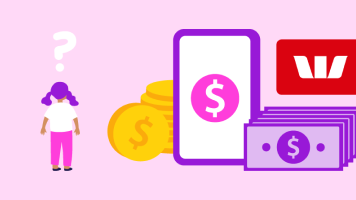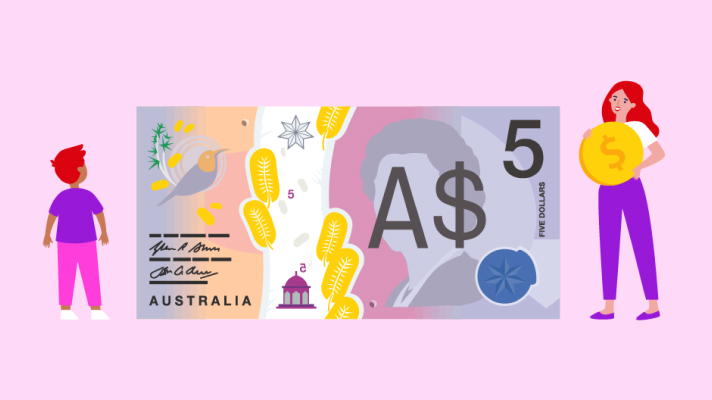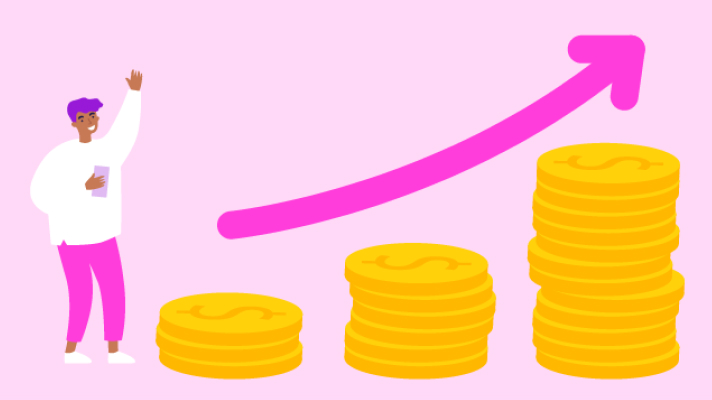What is a bank?
Where do you keep your money? Maybe you put it in a wallet, a jar, or a piggy bank. But when you start saving a lot of money, it’s time to find somewhere bigger and safer to keep it. After all, it’s easy to leave things behind, or forget where you hid them! A bank is a place that holds money and keeps it safe for you.
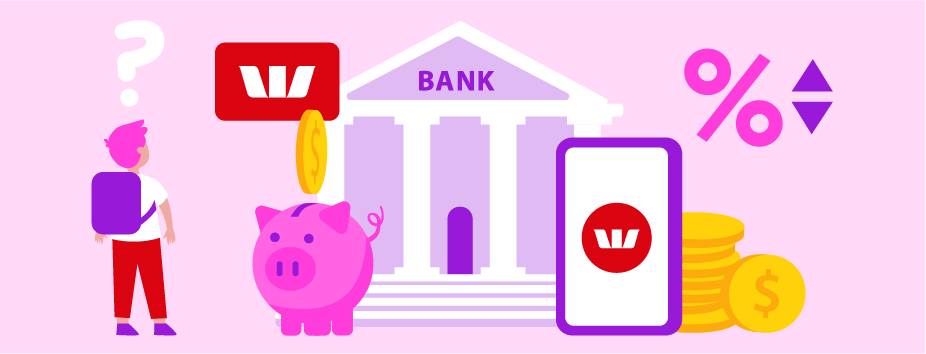
What does a bank do?
- Holds money for you safely.
- Helps you keep track of your money in your own bank account. You can deposit (add) into your account and withdraw (take out) money from it. The bank keeps track of your money and lets you know how much you have.
- Helps you pay for things. You can pay by using a bank card or by transferring (sending) money from your bank account to someone else’s.
- Lends money. In the future, you may need to borrow money to buy a house or a car. A bank can lend you some money to buy large things. You pay the money back to the bank over a period of time.
When you borrow money from a bank, the bank may charge you a bit extra. For example, if you borrowed $100 from a bank, the bank may charge you $5 extra. So, you would need to pay the bank back a total of $105. This extra money is called interest, and this is a way that a bank makes money.
- Rewards you for saving money by paying you interest. When you keep yout money at a bank, the bank may also pay you a small amount of interest. For example, if you have $100 in your savings account, the bank may give you $5 over the course of a year for keeping your money with them. So, at the end of the year you could have $105 if you don't take any money out. This is how the bank can help you grow your savings.
What types of banks are there?
- Buildings like other businesses you may visit. Banks inside buildings have bank tellers who can help you and answer questions about your bank account.
- Automated teller machine (ATM). This is a machine that allows you to take out money from your bank account. Some ATMs also allow you to deposit money, too.
- Most banks have a website and app that allow you to access your bank account and manage your money on your computer or phone.
Useful facts about banks
- The first banks were actually temples in ancient Rome, Greece, Egypt and Babylon. Temples were places where people could store coins, and the temples also loaned people money.
- Westpac was the first bank in Australia! We opened in Sydney in 1817, and we were first called the Bank of New South Wales.
- Banks are businesses. Banks make money from different activities like charging interest (extra money) when they loan money to people.
- When you put your money in a bank, it is still your money. The bank is keeping it safe for you, and you can withdraw (take out) your money when you need it.
- There are two main types of bank accounts: transaction accounts and savings accounts. Transaction accounts are for paying for things and accessing your money quickly. Savings accounts are for helping your money grow because they pay you interest.
Quiz time: Which of these things do banks do?
Guess on your own, then scroll to the bottom of the page for the answers.
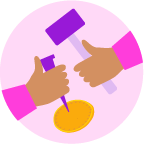
1. Make coins and notes
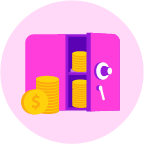
2. Hold money safely
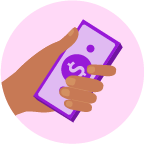
3. Give you money for free
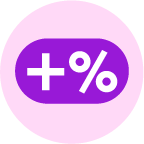
4. Charge interest

5. Sell items for you
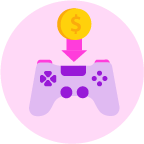
6. Pay for things for you
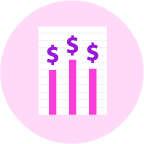
7. Help keep track of money
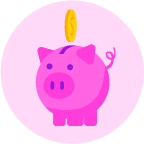
8. Help you save money
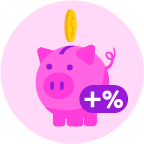
9. Pay you interest on the money you’re saving
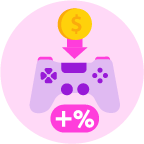
10. Help you pay for things
Answers:
Quiz: 2. Hold money safely 4. Charge interest 7. Help keep track of money 8. Help you save money 9. Pay you interest on money you’re saving 10. Help you pay for things
